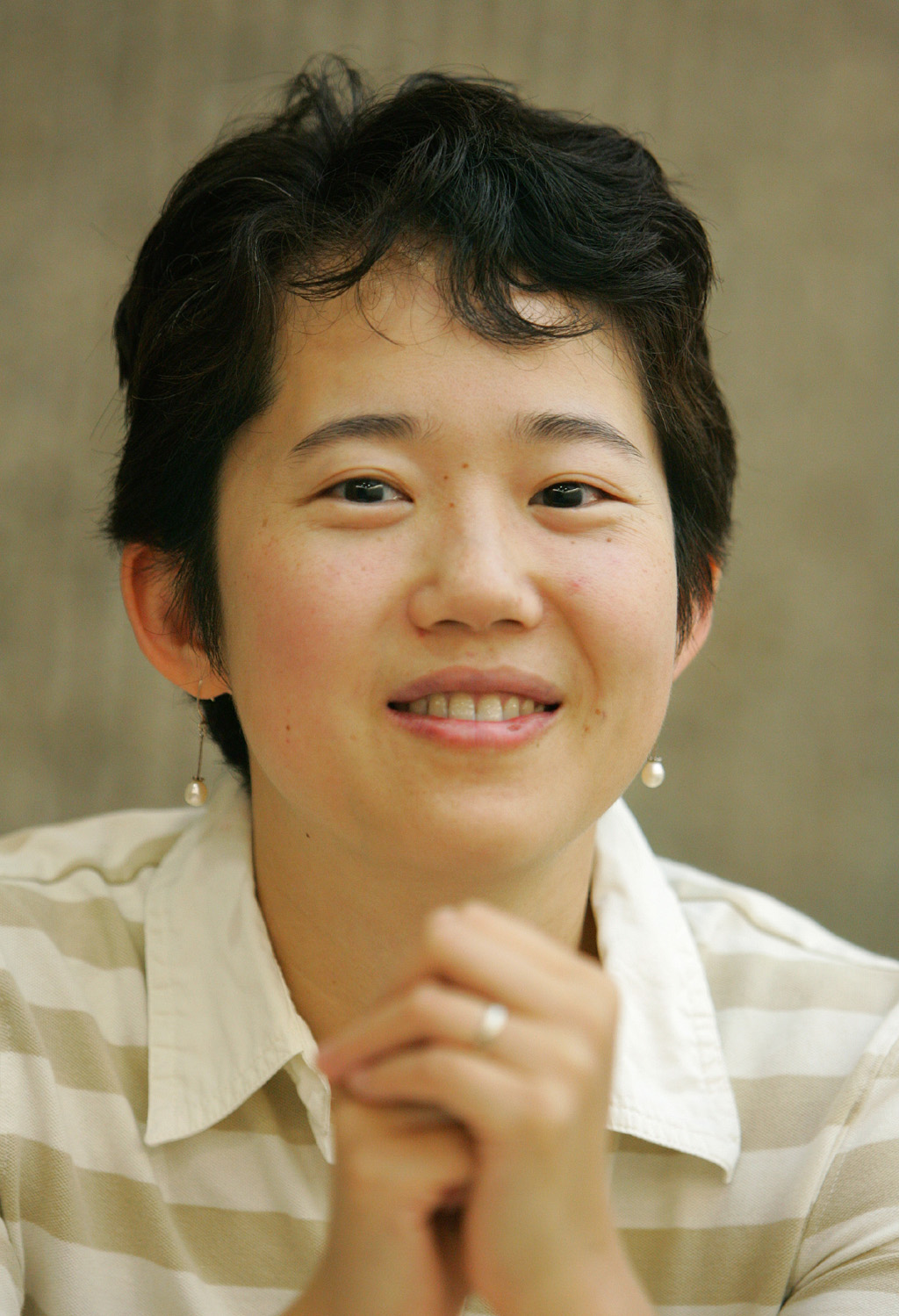
Xiaole Shirley Liu
Professor of Biostatistics and Computational Biology
Department of Biostatistics and Computational Biology
Dana-Farber Cancer Institute, Harvard School of Public Health
Education
1992-1994 Peking University, Beijing, China, Bachelor’s study in Biochemistry
1994-1997 Smith College, Northampton, MA
B.A. in Computer Science, B.A. in Biochemistry, summa cum laude
Honor thesis: Quantitative PCR and ELISA Analysis of Wuchereria bancrofti
1997-2002 Stanford University, Stanford, CA
Ph.D. in Biomedical Informatics, Ph.D. minor in Computer Science
Dissertation: Discovery of Transcription Factor Binding Sites Using Computational Statistics
Employment
2002-2003 Independent Research Fellow, Department of Biostatistics, Harvard School of Public Health, Dana-Farber Cancer Institute, Boston, MA
2003-2007 Assistant Professor, Department of Biostatistics and Computational Biology, Dana-Farber Cancer Institute, Harvard School of Public Health, Boston, MA
2008-2012 Associate Professor, Department of Biostatistics and Computational Biology, Dana-Farber Cancer Institute, Harvard School of Public Health, Boston, MA
2009-present Visiting professor, Department of Bioinformatics, Tongji University, Shanghai, China
2011-present Member of the Biological and Biomedical Sciences Program, Harvard Medical School, Boston, MA
2011-present Associate Member, Broad Institute of MIT and Harvard, Boston, MA
2011-present Co-director, Center for Functional Cancer Epigenetics, Dana-Farber Cancer Institute, Boston, MA
2012-present Professor of Biostatistics and Computational Biology, Dana-Farber Cancer Institute, Harvard School of Public Health, Boston, MA
Title: Integrating sequencing and microarray data to identify novel functions of epigenetic regulators in cancer
Abstract:
There have been growing appreciation of the role of epigenetic alteration in tumorigenesis and cancer progression. The integration of recent genomic techniques and massive public data is a useful approach to study epigenetic gene regulation in cancer. To this end, we use chromatin dynamics from ChIP-seq and DNase-seq profiles identify driving transcription factors in cancer progression and find novel functions of chromatin regulators. We also integrate large scale tumor expression data to identify novel lncRNAs with oncogenic functions and unkown partners that mediate the novel function of chromatin regulators.
Venue: Room143, New Biology Building, THU
Time: June 25 (Tuesday), 2013; 10:20am
Host: Prof. Xiaohua Shen
